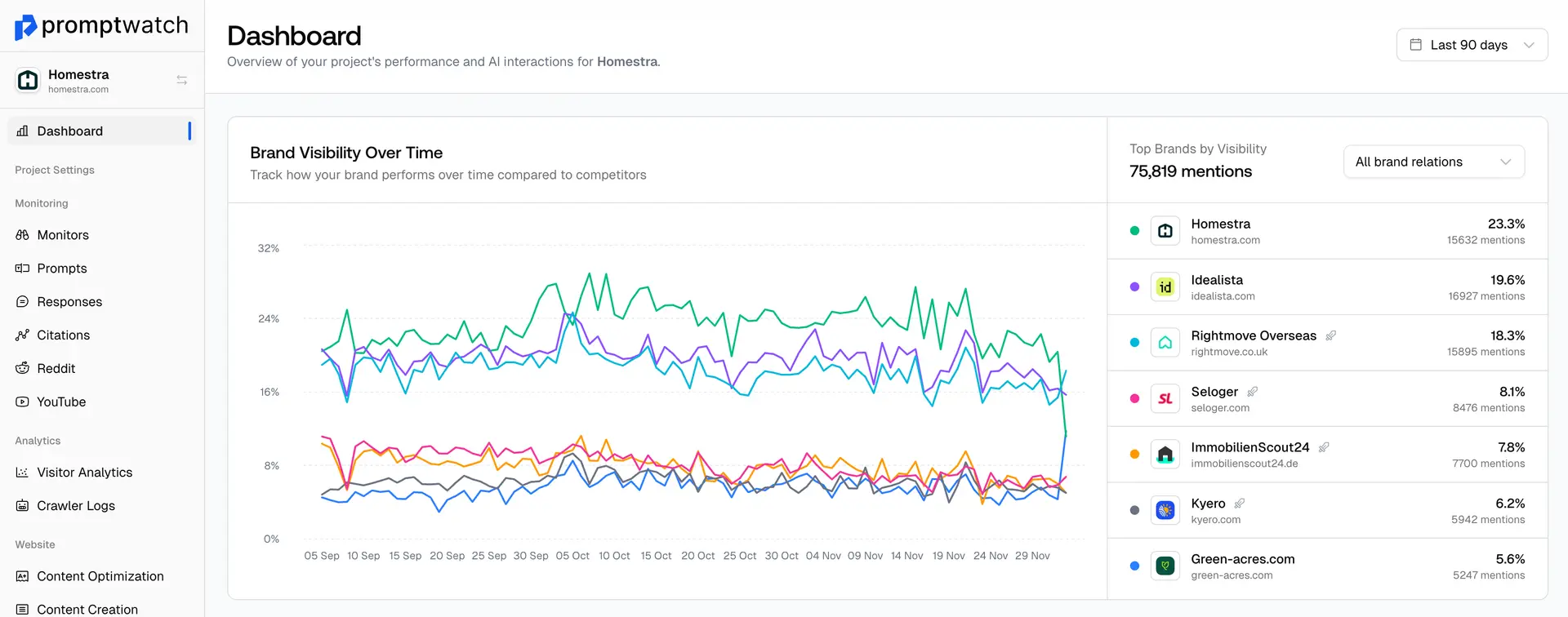Definition
AI Content Strategy is a comprehensive approach to content creation that strategically leverages AI tools for efficiency and scale while simultaneously optimizing content for discovery and citation by AI systems across platforms. This dual approach recognizes AI as both a powerful creation tool and an increasingly important distribution and discovery channel.
The strategy encompasses using AI tools for content ideation, research, and creation, optimizing content structure and format for AI understanding and citation, building authority signals that AI systems recognize and trust, creating comprehensive topic coverage that establishes expertise, and monitoring and adapting to AI platform preferences and changes.
Successful AI content strategy balances efficiency with authenticity. While AI tools can dramatically increase content production capabilities, the most effective approach combines AI assistance with human expertise, creativity, and strategic thinking. The goal is to create content that serves both human audiences and AI systems effectively.
Key components include AI-assisted content creation workflows, optimization for AI citation and reference, monitoring AI visibility and performance, competitor analysis across AI platforms, and continuous adaptation to evolving AI capabilities and preferences.
The strategy also considers the ethical and quality implications of AI-assisted content creation, ensuring that AI tools enhance rather than replace human expertise and that all content maintains accuracy, originality, and value for the intended audience.
Examples of AI Content Strategy
- A consulting firm using AI to research and draft initial content, then adding proprietary insights and case studies to create citation-worthy thought leadership
- An e-commerce brand leveraging AI for product descriptions while optimizing the content structure for AI shopping recommendations
- A SaaS company using AI tools to scale content production while ensuring each piece demonstrates clear expertise and authority for AI citation
- A healthcare organization using AI to research medical topics while ensuring all content meets medical accuracy standards for AI health information
